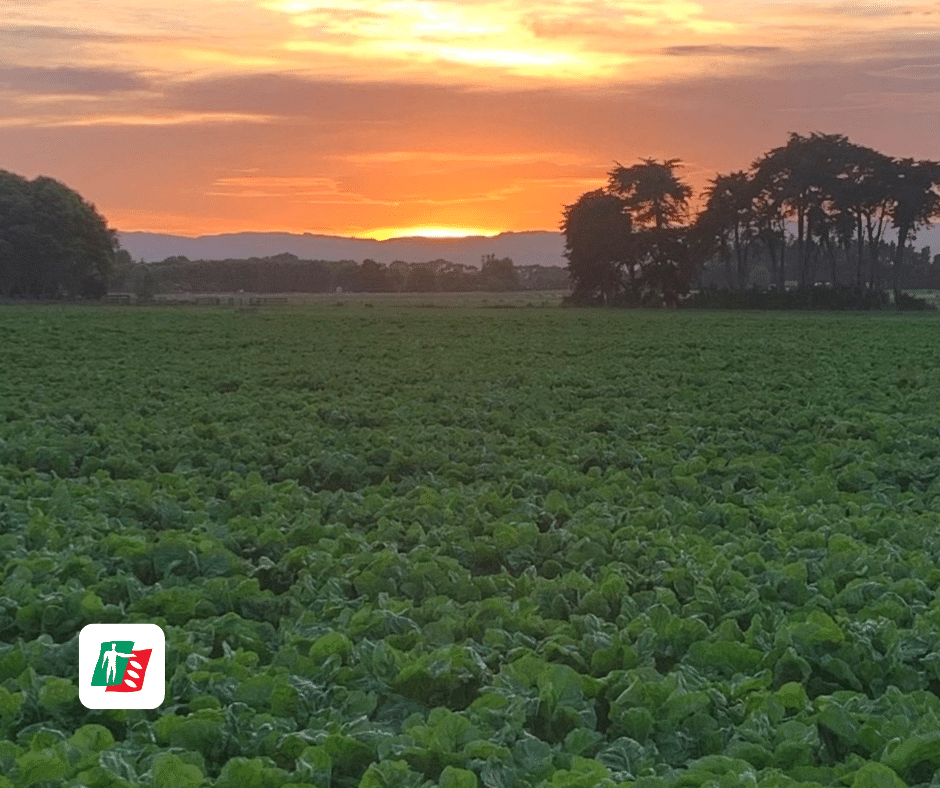Autumn Lactation and Fodder Beet: A Valuable Feed Option
Published on 12 August 2024
Fodder beet is gaining recognition as an effective feed for dairy cows in New Zealand, particularly during the autumn lactation period.
Known for its high yield potential and energy content, fodder beet can help maintain milk production and body condition as the season transitions. Autumn crop grown on the platform can be beneficial for several reasons :
- Drought Insurance: Provides a substantial, high-quality feed source when pasture growth is limited.
- Extended Grazing Period: Helps lengthen the grazing round in autumn as pasture growth declines.
- Pasture Replacement: Offers an opportunity to replace old pastures and potentially have them back in grass for winter.
- Cost-Effective: Provides a more economical feeding option during this time of year.
Fodder beet has distinct advantages over traditional feed options, making it a compelling choice for autumn feed. Advantages of Fodder Beet for Autumn Feed include:
- High Yield Potential: Enables cropping smaller areas, thus reducing strain on rotations.
- Consistent Energy: Offers high energy content throughout the season.
- Palatability and Digestibility: Highly appealing and easily digestible for ruminants.
- Disease Resistance: Not susceptible to issues like clubroot or dry rot, unlike brassicas.
- Ease of Feeding: Lower crop height simplifies feeding.
- Harvest Flexibility: Can be lifted and stored easily.
- Low Nitrogen Requirement: Potentially beneficial for environmental sustainability.
- Economic Efficiency: Often provides a higher gross margin compared to other autumn options (e.g., turnips) and has lower growing costs than silage or maize.
Farmers who use fodder beet during late lactation commonly report that cows sustain milk production longer and achieve better body condition.



